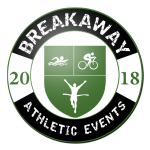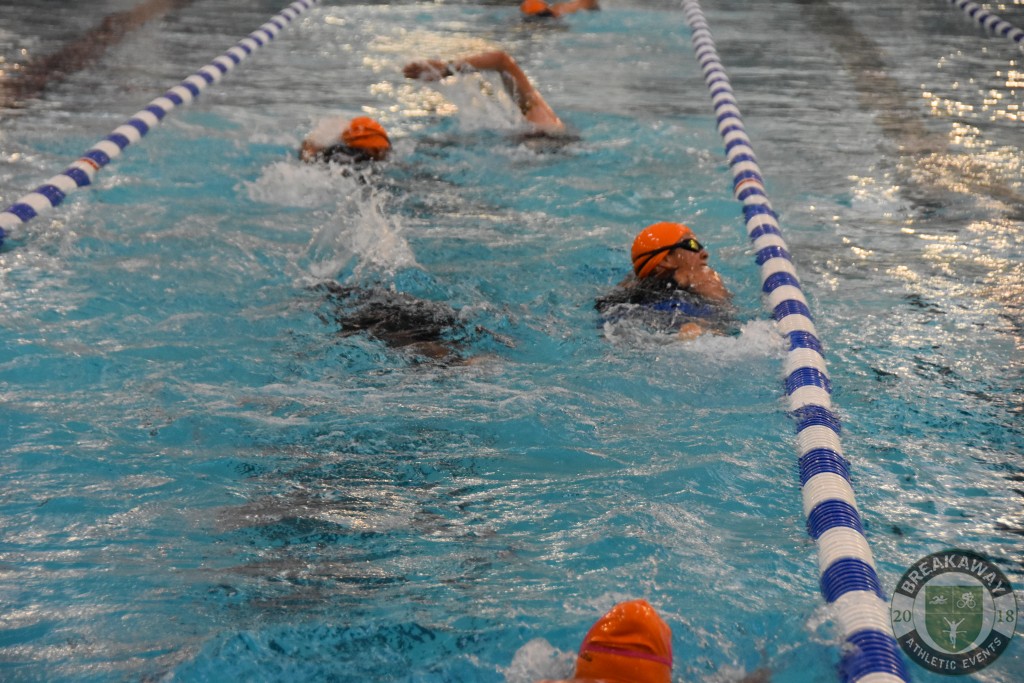Thinking about your first triathlon? Not sure where to start or what to do? Feeling a bit overwhelmed or intimidated? We’ve been there too. We get it.
The triple sport of triathlon may seem daunting when you’re first getting started. What gear to buy, how to train, what to eat, how much rest to get, finding the time, keeping a life-work-play balance – and many other aspects. As triathletes ourselves we get it, we’ve been there too. Take a peek below at our basic “intro list” below. Hopefully it helps you with some direction on how to get started with the world of triathlon racing, training & enjoying it!
- Start SMALL! – Your first triathlon race experience should be a sprint or supersprint. These are two short distance events that will allow you to race at your own pace, enjoy training (as they don’t require 750 hours per week of training) and not take out a 2nd mortgage to purchase a fancy ultra tricked out pile of gear.
- The SWIM – The only gear you *must* have to train for triathlon is a swimsuit, goggles and access to a pool or body of water. A lap pool is generally the easiest though. Start with short distance exercise/training sessions and get comfortable in the water AND with bi-lateral breathing. A swim coach, even for just a few lessons, can make a big difference in your water confidence
- The BIKE – You probably already have a bike you can ride. Whether it’s an older mountain bike or an around-town “go-getter” bike, it’s likely fine for a short distance race. Buying a $16,000 triathlon bike for a race with a bike split (distance) of 10 miles as your first time isn’t ideal. You will NEED a helmet and you’ll want to make sure the brakes/tires are in good shape. Log some riding mileage with friends or on roads that offer hills to build strength and stamina. Practice passing others and being aware of vehicles on the road.
- The RUN – Sneakers…yup, that’s essentially it. The run is simple enough and you likely have running/jogging sneakers already. Build up your mileage slowly each week and make sure you rest and recover as running can be the toughest physical challenge of triathlon racing. Practice hopping off the bike and immediately going for a short run (even just to the end of your block and back). This builds up your legs and gets them used to the transition from bike to run.
- Transition – Transition is where you get to “make camp” for the morning with your gear and energy. Walk through the layout a bit. Spot the entry and exit points. Checkout the garbage cans. Which rack are you on? How close to the porta potties are you? Take it all in slowly and it will help bring a calming sense to your “internal organization” for the day.
- BRINGING RACE MORNING TOGETHER – There are dozens of other tidbits you can purchase for triathlon racing – gear bags, aerodynamic water bottles, fancy sunglasses, cycling shoes, a race bike, race socks, race laces, a number belt, special hats, cycling gloves, supplements and fuel for racing – the list goes on and on. However, starting with the basics and getting to the start line is often the most important step. Everything else can be researched and learned along the way. Get out there, meet new people, make new friends and have fun!!
Check out one of our other posts on beginner triathlon action – 10 TIPS FOR YOUR FIRST SUCCESFUL TRIATHLON


